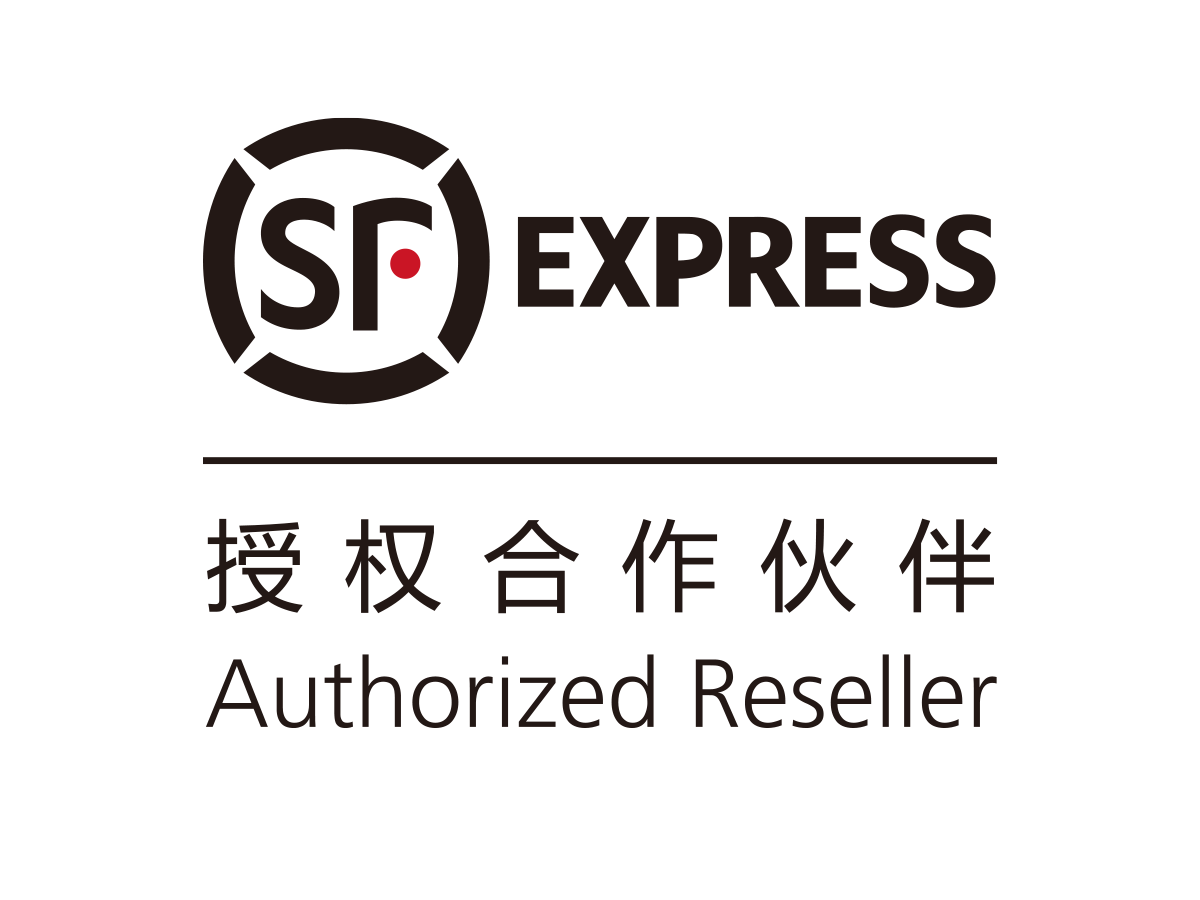From entering new markets to restructuring flawed business models, business consultants are crucial in guiding enterprises to success. Business consultancy duties range from a number of internal and external projects that focus on the goals of the business owner. Preparing a business for radical change through a variety of operations, supply chain, and marketing-related improvements are all key to a business consultant’s duties.
In this blog post, we will explore how SME (small medium enterprise) consultancies grow enterprises by explaining the roles and responsibilities of a business consultant. The benefits of hiring business consultants, and common business issues that a SME consultant can solve.
Key Takeaways
- The duties of a business consultant directly influence the structure, operations, procedures, spending, marketing, and staffing of businesses.
- Consultants in the business domain mold for-profit enterprises within their specific industries to be competitive, prosperous, and enduring.
- Business consultants are usually educated with a bachelor’s degree in finance or business & come with a background of experience in several industries or specialize in a select few industries.
Business Consultant Job Duties
SME consultants are trained and experienced with several different product & service-related enterprises in a myriad of industries. This knowledge prepares them to identify and present research findings to business owners to help entrepreneurs understand what issues are preventing the business from success. As well as which improvements are a priority.
Here is a list of common business consultant’s job duties:
- Understanding the business owner’s goals.
- Identifying an SME’s biggest weakness and opportunities.
- Learn business structure, procedures, expenses, and revenue generated.
- Compiling & presenting research findings to a business owner.
- Provide operation change recommendations that are goal-oriented towards improving the SME.
- Provide guidance for the SME owner and key executives when new problems appear.
- Measure KPIs before, during, and after operational & business structure changes are made.
Benefits of a Business Consultant
Hiring a business consultant brings valuable expertise, an objective viewpoint, and a fresh perspective to an organization. Their specialized knowledge and experience enable them to efficiently identify and address challenges, offering innovative solutions that may be overlooked internally. Beyond problem-solving, consultants contribute to strategic planning, ensuring alignment with long-term goals.
The initial investment in consulting services often translates into long-term cost savings through improved efficiency and resource optimization. Additionally, consultants provide a flexible and scalable resource, offering organizations access to networks, resources, and training programs. Their role extends to change management, risk mitigation, and the establishment of measurable results through key performance indicators.
Business consultants shape for-profit organizations in their respective industries to be competitive, successful, and sustainable.
Business Development Consultant Roles and Responsibilities
A Business Development Consultant plays a pivotal role in helping organizations identify and pursue growth opportunities. Their primary responsibilities include:
Market Research
Conduct comprehensive market research to identify potential clients, market trends, and competitive landscapes.
Identifying Opportunities
Analyze business trends and customer needs to identify new business opportunities and areas for growth.
Client Relationship Building
Develop and maintain strong relationships with existing clients and potential customers, understanding their needs and proposing relevant solutions.
Sales and Revenue Generation
Actively participate in the sales process, from lead generation to closing deals, aiming to increase revenue and meet sales targets.
Strategic Planning
Collaborate with internal teams to develop and execute strategic plans for business development, incorporating market insights and industry trends.
Networking
Attend industry events, conferences, and networking opportunities to build relationships with key stakeholders and potential clients.
Proposal Development
Prepare and present proposals to potential clients, outlining the value proposition and tailored solutions offered by the organization.
Negotiation
Negotiate terms and agreements with clients, ensuring a mutually beneficial partnership.
Cross-functional Collaboration
Work closely with other departments, such as marketing, product development, and operations, to align business development efforts with overall organizational objectives.
Feedback and Market Intelligence
Provide feedback to the organization based on client interactions and market intelligence, contributing to product/service enhancements and improvements.
Market Expansion
Explore opportunities for expanding the organization’s market presence, whether through new geographical locations, target demographics, or product/service offerings.
Sales Training and Support
Provide training and support to sales teams, sharing insights, strategies, and best practices to enhance their effectiveness in driving business growth.
Performance Analysis
Monitor and analyze key performance indicators (KPIs) to evaluate the success of business development strategies and make data-driven recommendations for improvements.
Risk Management
Assess potential risks and challenges associated with business development initiatives and develop strategies to mitigate these risks.
Stay Informed on Industry Trends
Keep abreast of industry trends, competitor activities, and emerging technologies to provide informed recommendations and maintain a competitive edge.
Business Consultant Requirements and Qualifications
Business Consultants are typically required to hold a bachelor’s degree in business, finance, or a related field, with some employers preferring candidates with a master’s degree, especially for advanced roles. Relevant work experience in consulting or a related field is commonly sought after due to the guidance & insight that an individual can carry over.
Strong analytical and problem-solving skills are essential, as is a solid understanding of the Canadian business landscape, including market trends and industry-specific factors. Excellent communication and interpersonal skills are crucial for effectively conveying recommendations and collaborating with clients and internal teams. Proficiency in project management, adaptability to different industries, and a good grasp of relevant technologies contribute to success in consulting roles.
Familiarity with Canadian business laws and regulations, along with ethical considerations, is important, and for business development consultants, expertise in sales and marketing strategies is also required.
What OneHub’s Business Consultant’s Can Do For Your SME
OneHub can elevate your business to new heights. With a dedicated focus on the unique challenges faced by small and medium-sized businesses, OneHub brings tailored solutions that span strategic planning, operational efficiency, and sustainable growth.
Whether it’s streamlining internal processes, identifying new opportunities, or enhancing overall business performance, OneHub stands as a reliable partner dedicated to driving tangible and impactful results for SMEs.
What’s holding you back from reaching success? Contact OneHub and take the next step into your business’s future.




